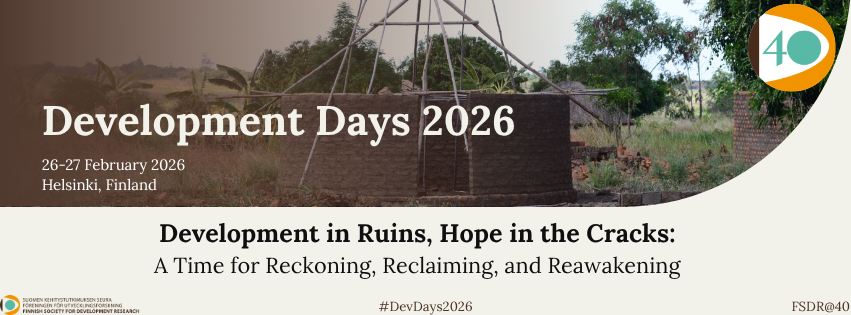Philosophical and Spiritual Practices for Sustainability Transformations: Cultivating
Inner Wisdom, Embodying Change
Coordinators: Sabaheta Ramcilovic-Suominen (Natural Resources Institute Finland, Luke) and Jessica Böhme (Institute for Practical ekoPhilosophy)
The polycrisis demands that sustainability science engage with the inner dimensions of transformation. While there is a growing recognition of the need for “mental” or “inner” change, this is often framed in psychological terms—as shifts in mindsets, behavior, or
emotional regulation. Yet the philosophical and spiritual dimensions of the inner
transformations remain largely underexplored.
Philosophy, understood here as embodied practice and a way of life, offers distinct resources: it cultivates wisdom, ethical discernment, and ways of being that potentially transform our relationship with ourselves, others, and the more-than-human world. Spirituality, understood here as the contemplative and experiential embodiment of lived philosophy, grounds the philosophical inquiry in practice and direct experience. It points toward meaning, purpose, and relational attunement, inviting transformation not only of thought but of being.
As understood in the Greco-Roman traditions, philosophy was fundamentally a way of self transformation in service to a community or greater good. This resonates with Eastern spiritual philosophies, where self-realization and service are intertwined, and stands in contrast to contemporary psychological approaches and understanding of spirituality as dogma or religion. Where psychology often focuses on individual wellbeing and adaptive functioning, philosophical–spiritual inquiries and practices interrogate fundamental questions of meaning, value, and how to live well collectively. It asks not only what we think, but how we embody wisdom, compassion, nonviolence, care, love and oneness.
We invite contributions that engage Eastern as well as Western traditions of philosophy and spirituality as a way of life. The contributions should engage these as lenses for re-evaluating our relations with the more-than-human world, fostering an ethic of intraconnectedness and care that directly counters consumerist and extractivist logics. They should explore these philosophies and practices in the context of socio-ecological transformation, and how they can be embodied beyond the cognitive and intellectual realms.
As long as the proposals are framed in this context, they can be theoretical, reflective, or even practical, involving guided practice (max. 20 min.) that can be used for cultivating presence, wisdom, care, and attunement—qualities essential for inner–outer transformations.
